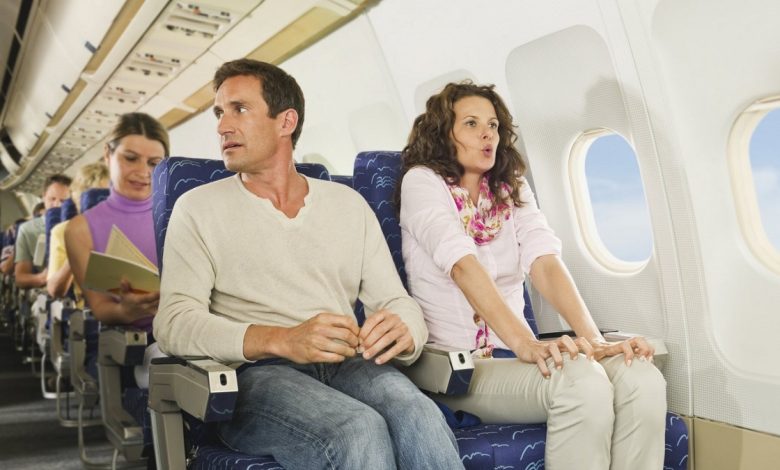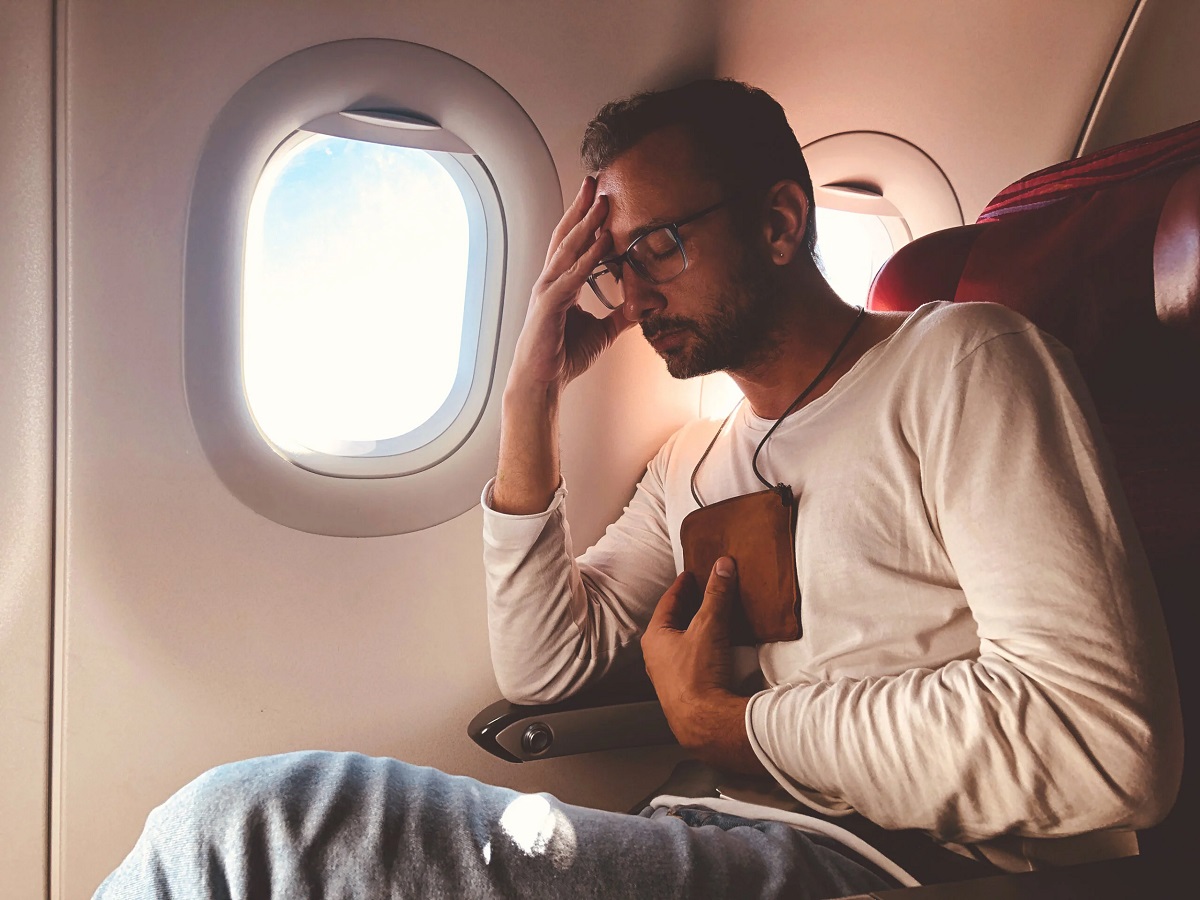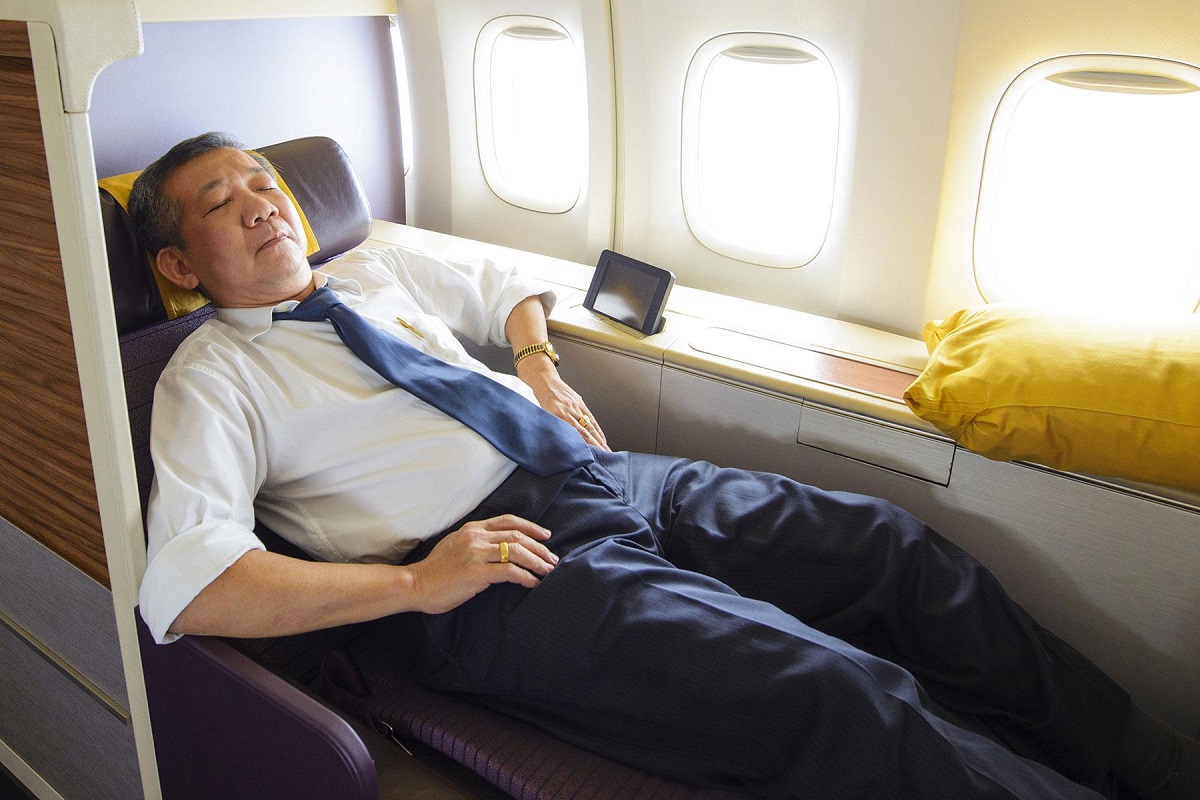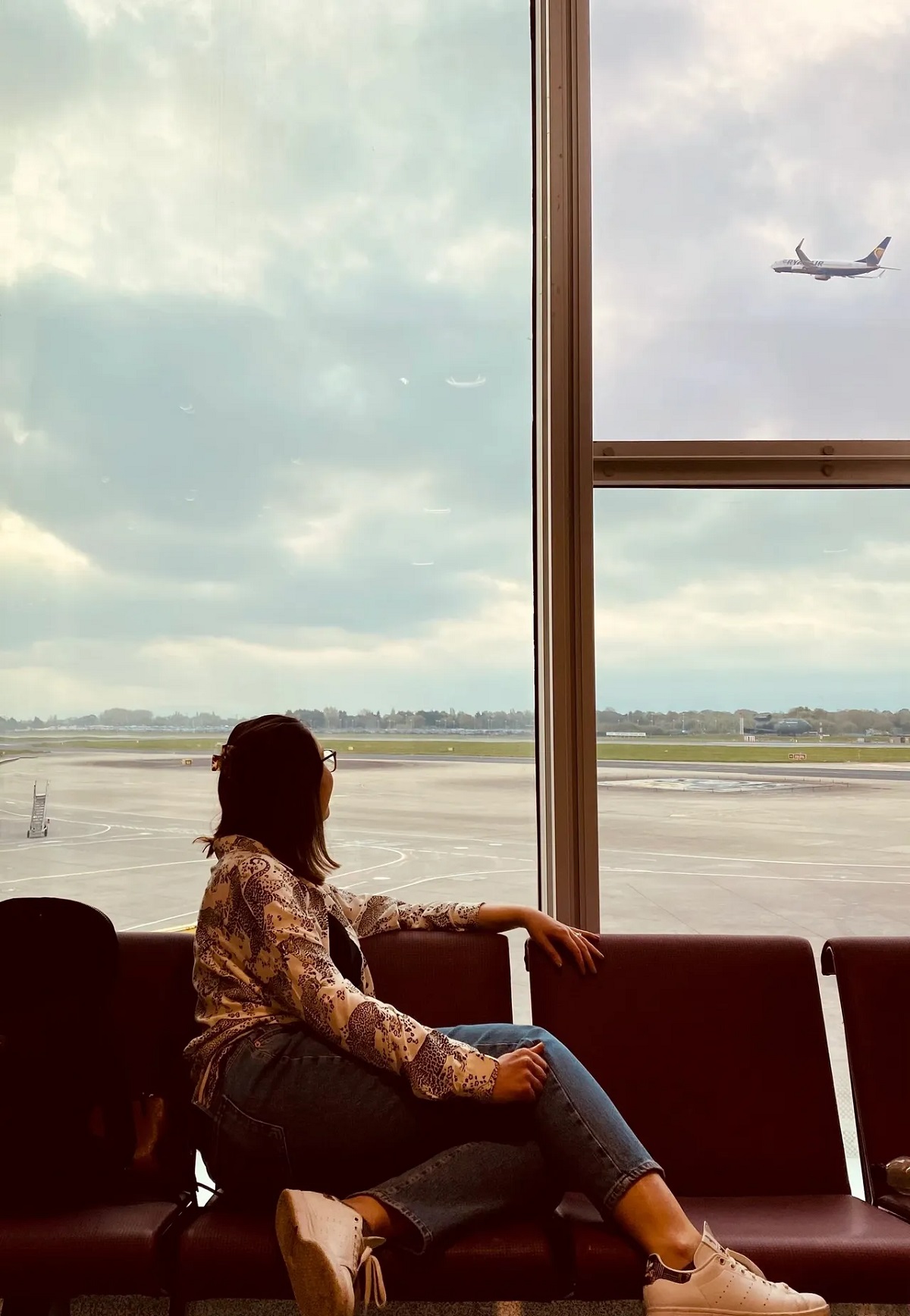What Is The Aerophobia Or Fear Of Flying?

Aerophobia : Aerophobia is a common and specific phobia that includes the fear of air travel and the use of vehicles such as airplanes and helicopters.
People with this phobia may fear various aspects of air travel, such as taking off and landing or being locked in a plane. There are even people for whom the mere thought of air travel can make them anxious.
Research has shown that between 2.5% and 40% of people experience anxiety related to air travel each year, but this does not mean that all of these people have a phobia of flying.
It might be interesting for you to know that the statistics say that traveling by plane has the lowest rate of death compared to other vehicles. However, the problem of fear of airplanes and flying can seriously affect the quality of your life; therefore, dealing with travel anxiety is very important.
Aerophobia
Symptoms Of Flying Phobia
People with aerophobia experience intense anxiety and stress at the thought of flying or boarding an airplane. If you have a fear of flying, you should avoid traveling by plane as much as possible. It is also better to stay away from movies, books and news related to air travel. If you experience any of the following symptoms when thinking about air travel or stepping on a plane, you most likely have a fear of flying.
Ague
Dizziness and lethargy
Excessive sweating
Nausea
Heart beat
Occurrence of digestive problems
Shortness of breath
Suffocation
Redness and hotness of the skin
What Causes Fear Of Flying Disorder?
In general, the disorder of fear of flying is one of those phobias that do not have a specific reason behind it. Research has shown that flying phobia varies greatly from person to person and depends on a complex set of physiological, psychological and social factors. However, the following reasons can cause this fear.
Bitter experience of air travel or plane crash: People who have survived a plane crash themselves or lost loved ones due to this accident may suffer from fear of flying disorder.
In general, the disorder of fear of flying is one of those phobias that do not have a specific reason behind it. Research has shown that flying phobia varies greatly from person to person and depends on a complex set of physiological, psychological and social factors. However, the following reasons can cause this fear.
Aerophobia
What Can We Do To Reduce The Fear Of Flying?
According to statistics, only 2.5% of the world’s population has a severe fear of flying. However, it is said that doing a series of simple things can help control this phobia and your social anxiety. Here we want to introduce you the most important solutions for managing the fear of flying.
Aerophobia
1. Find The Root Of Your Fear Of Flying

Most of the time, it is not flying and getting on the plane itself that causes your fear, and in fact there are other reasons behind this phobia; for this reason, we suggest that you analyze its root before trying to overcome this fear.
Mild fear of flying, like claustrophobia and fear of death, is common among people all over the world, and by knowing what triggers it, you can much more easily control your phobia.
Aerophobia
2. Knowing The Reason For Shaking The Plane And Its Wings
Many of the shakes you feel when flying an airplane are the result of nothing more than weak wind currents, and it’s important to know that airplanes are specifically designed to handle and deal with these wind currents. If you look out the window and see its wings flapping, never fear; Because these are the bending wings that smooth the flight path of the plane like the shock absorbers of a car.
Aerophobia
3. Know The Safety Tips
As we said, airplanes are one of the best and safest vehicles, and their performance is very different from what most people think. Learning more about how airplanes are designed can help you manage your stress and anxiety in an emergency. For example, you may be interested to know that the air in the airplane cabin is changed every three minutes to kill bacteria and viruses in the air.
Aerophobia
4. Be careful In Choosing Your Seat

One of the few things that passengers have control over when flying is choosing their own seat. If you are facing the problem of fear of flying, we suggest you pay more for a suitable seat.
After you have rooted your fear well, neutralize the stimuli in your surroundings by choosing the right chair. For example, if you are afraid of heights, stay away from the windows, or if you want to be in the loop, reserve a window seat for yourself. If you need more personal space, you can buy a first class ticket.
Aerophobia
5. Talk To The Flight Attendants
Many people are actually not afraid of flying and are more afraid of losing control of the situation; If you are one of these people, it is better to know that talking to a flight attendant can put your mind at ease. Flight attendants are always by your side and can give you the most and best help.
These people are trained to deal with various symptoms of fear of flying, such as nausea, dizziness, and fainting, and they will try to improve your physical and mental conditions.
Aerophobia
6. Before Leaving Home, Visualize Your Trip In Your Mind

One of the best things you can do to combat your fear of flying is to visualize your flight before you leave home. For this purpose, it is better to sit in a quiet space and then imagine all the events that may happen to you after leaving the house in full detail in your mind. This will help you strategize and know what methods to try during times of stress and anxiety.
Aerophobia
7. Travel With A Trusted Companion
If you want to face your fear and get on a plane, it is better to do it with the help of a trusted person close to you. Inform this person about your decisions and talk about your fears so that they can help you in difficult and emergency situations.
Aerophobia
8. Use Grounding And Meditation Techniques To Calm Down Yourself
Grounding techniques can help you generally clear your mind and focus on the details of your surroundings. To do these techniques you need to engage all your five senses and ask questions like “What sounds are coming around me?”, “What kind of surface are my fingers touching?” and “What do I smell?” ask yourself In addition, other techniques such as deep breathing and counting can be helpful for managing stress and panic attacks.
Aerophobia
9. Distract Yourself
Some people can distract themselves from what is happening around them by watching an interesting movie or listening to a good podcast. Of course, distraction does not mean doing things like reading books or watching documentaries; For example, you can take a piece of paper with you and start writing a phrase on it with your opposite hand.
Also Read:
Air Pollution Headache: Can Air Pollution Give You A Headache?
The 9 Best Health Benefits Of Dancing + Mental Health
The 8 Important Tips To Navigate Social Media During The Holidays




